Gambia: Tourism and the Environment – Tribute to the ‘Unsung Heroes’ Context
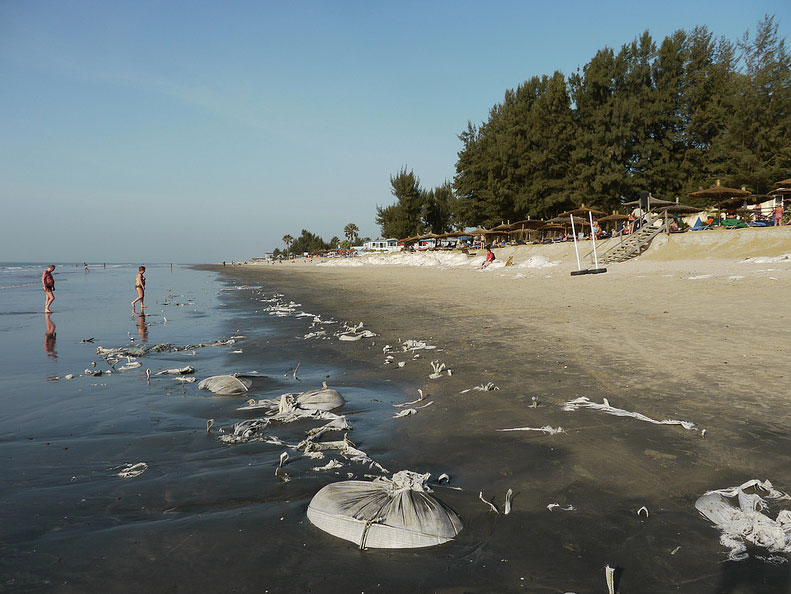
Gambia’s tourism industry was bedeviled with a range of menaces including – indiscriminate dumping and littering of our beaches, as well as debasing of our beaches through sand mining and related environmental malpractices to other areas frequented by our coveted guests and tourists. The need to tackle the environmental and sanitary challenges of tourism, head on, therefore became imperative.
Mesmerizing Video Of Hawaii Beach Sand Reveals Unsettling Reality

It’s easy to appreciate the beauty of a beach in Hawaii, with its electric blue waters lapping over a coast of golden sand. But hidden in plain sight is a devastating reality that nonprofit Sustainable Coastlines Hawaii captured in a video.
Plastic No More, Also in Kenya
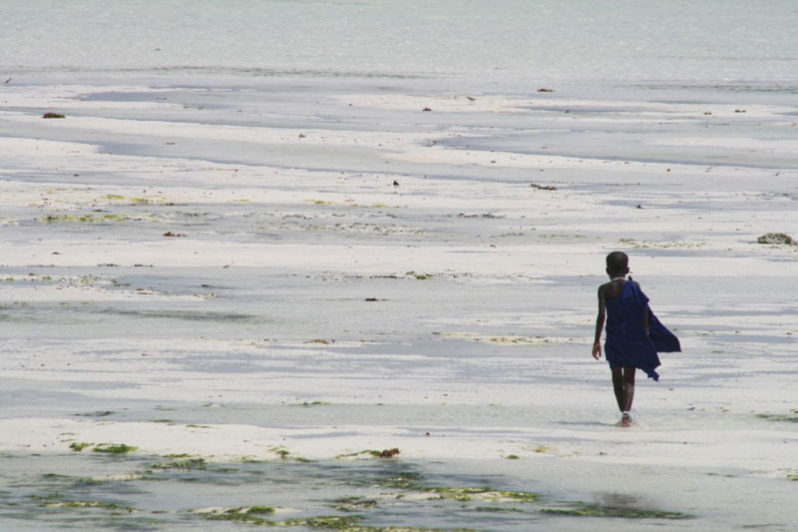
Kenya has just joined the commitment of other 10 countries to address major plastic pollution by decreeing a ban on the use, manufacture and import of all plastic bags, to take effect in six months.
Ridding the oceans of plastics by turning the waste into valuable fuel
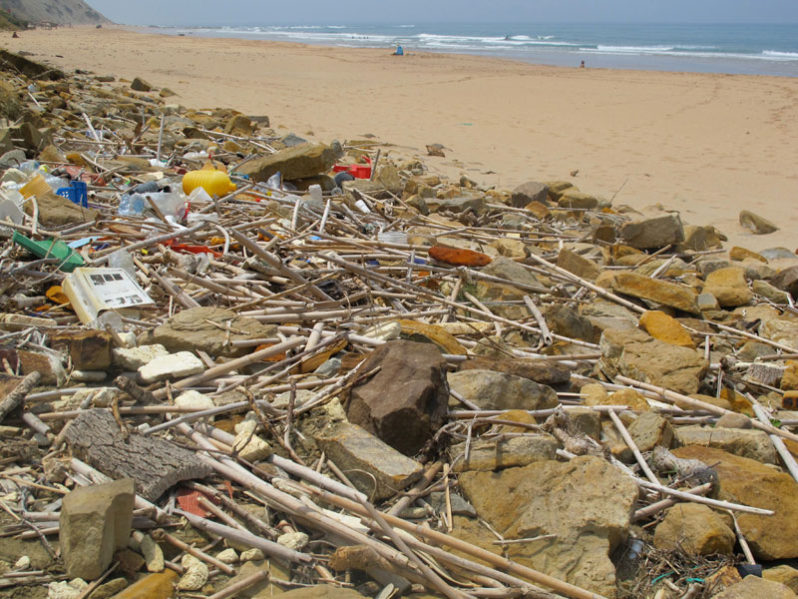
Billions of pounds of plastic waste are littering the world’s oceans. Now, an organic chemist and a sailboat captain report that they are developing a process to reuse certain plastics, transforming them from worthless trash into a valuable diesel fuel with a small mobile reactor that could operate on land or at sea.
Ganges and Yamuna rivers granted same legal rights as human beings
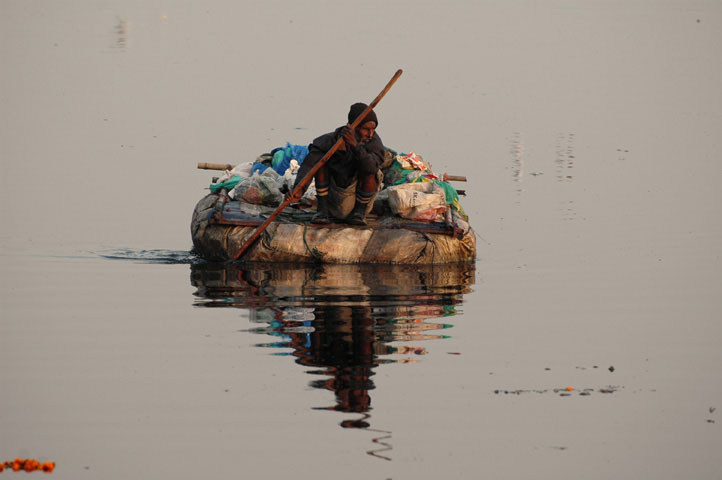
A court in the northern Indian state of Uttarakhand ordered on Monday that the Ganges and its main tributary, the Yamuna, be accorded the status of living human entities.
From entanglement to invasions of alien species: the harm caused by marine litter
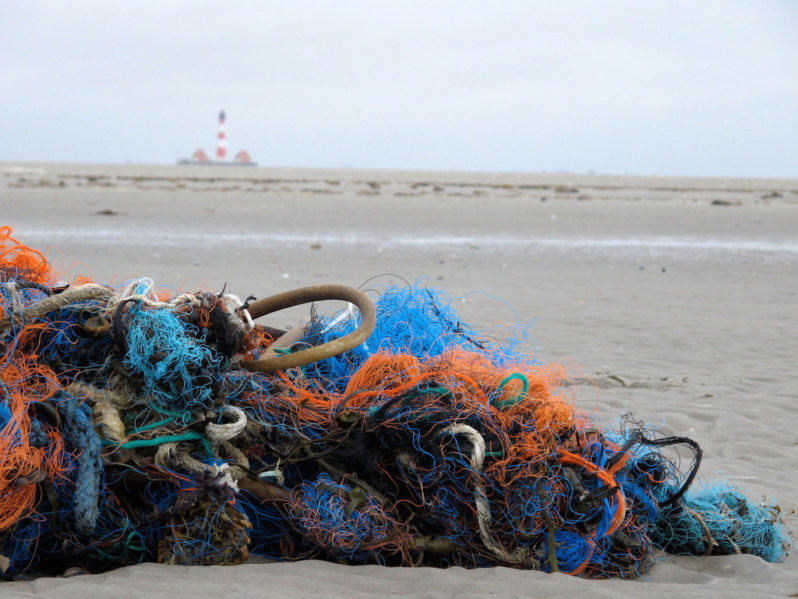
Marine litter is a threat to the marine ecosystem, human health and economic activities. A new European Commission Joint Research Centre (JRC) report sheds light on the many effects of litter in our oceans, and highlights the severity and scale of the issue. The report confirms that plastic items have the highest direct and indirect damaging impact.
What is the Great Pacific Ocean Garbage Patch?
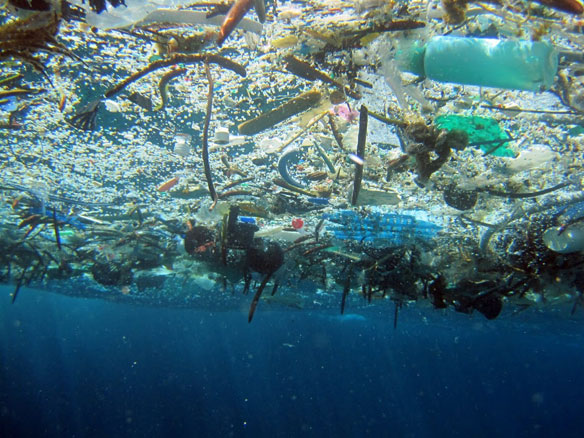
Not all trash ends up at the dump. A river, sewer or beach can’t catch everything the rain washes away, either. In fact, Earth’s largest landfill isn’t on land at all. This marine debris has sloshed into the public spotlight lately, thanks to growing media coverage as well as expeditions by scientists and explorers hoping to see plastic pollution in action.
Tiny plastic pellets found on 73% of UK beaches
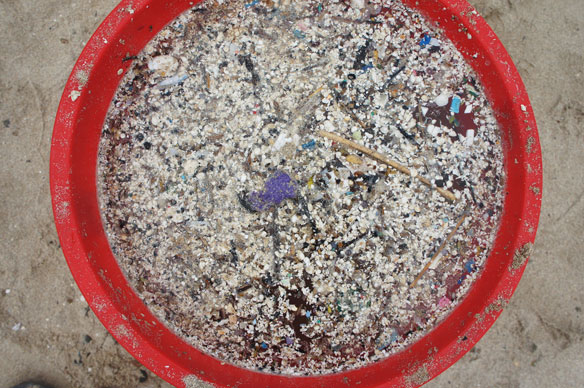
A search of hundreds of beaches across the UK has found almost three-quarters of them are littered with tiny plastic pellets. The lentil-size pellets known as “nurdles” are used as a raw material by industry to make new plastic products.
Residents, retailers decry proposal to reverse plastic bag ban

Many residents on the Outer Banks say they oppose a bill in the N.C. General Assembly that would lift the ban on the use of thin plastic shopping bags by retailers.
